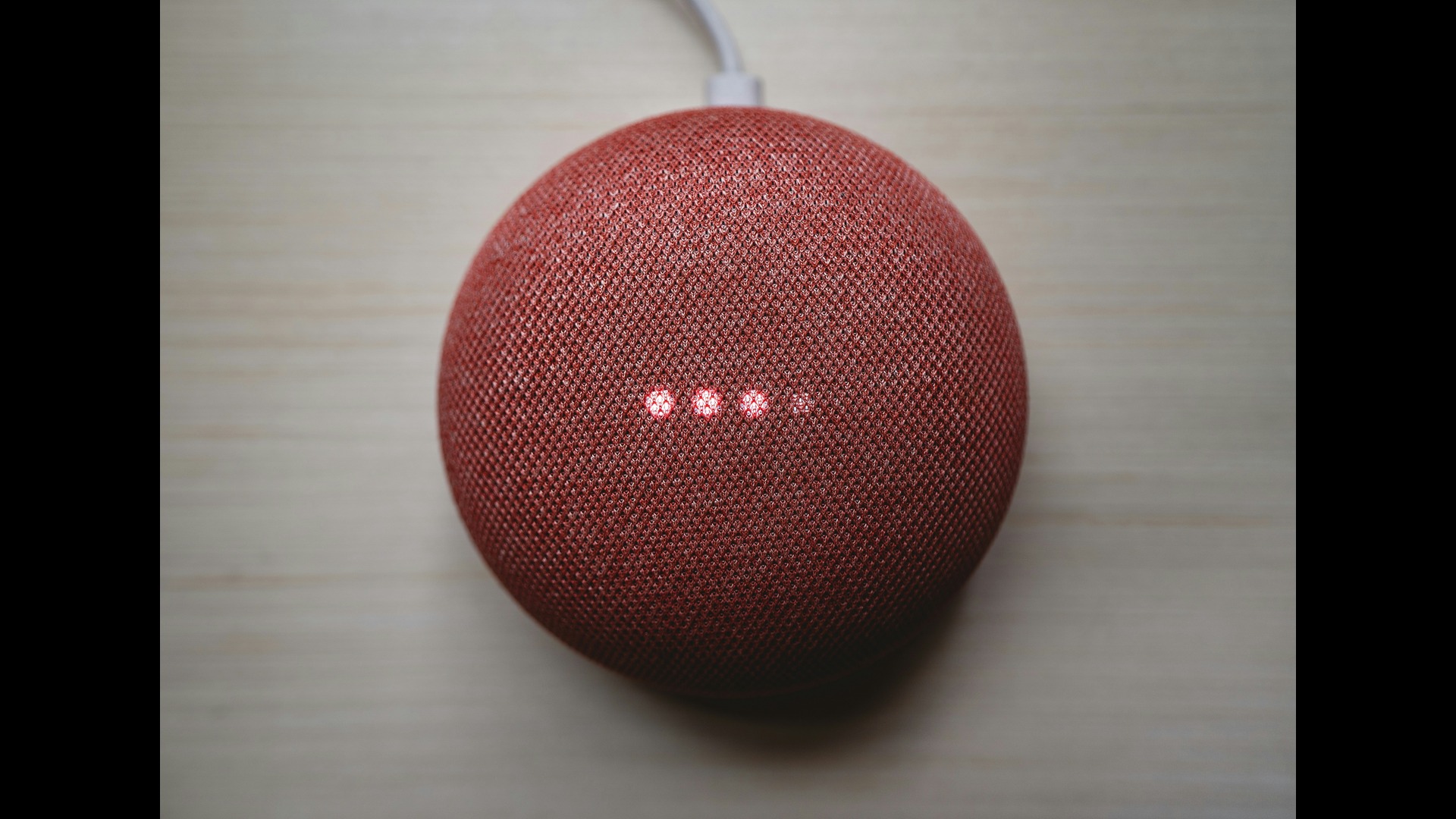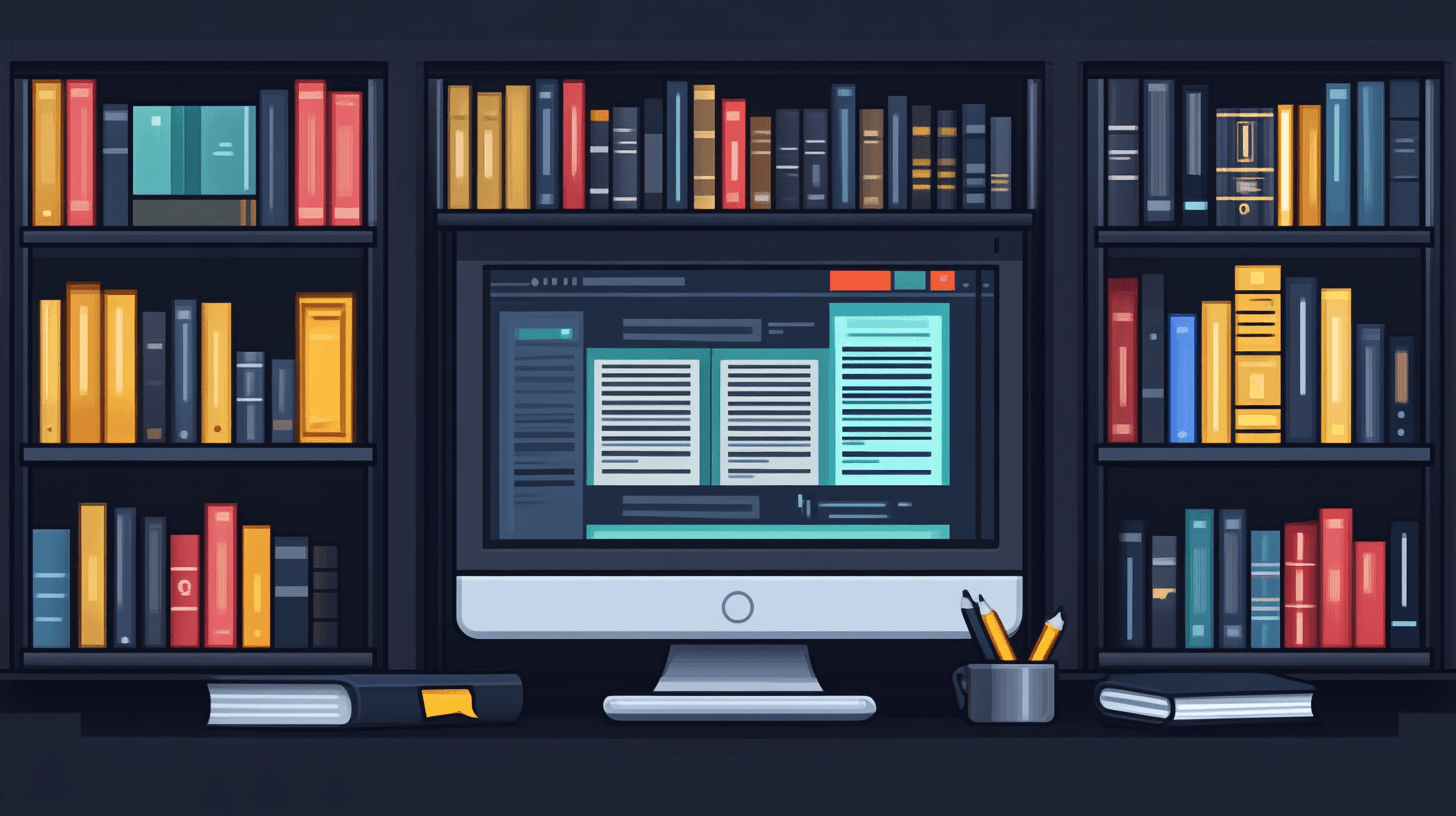
How Is Big Data Beneficial to Healthcare?
May 22, 2018 - Emily Newton
Revolutionized is reader-supported. When you buy through links on our site, we may earn an affiliate commission. Learn more here.
Big data could change the healthcare industry for the better. But challenges stand in the way of making big data the method of organizing healthcare information. Many organizations are still parsing incoming information using old data analysis techniques instead of relying on this more efficient healthcare technology. However, as the need for big data increases, this will change.
Big Data’s Benefits to the Healthcare Industry
Big data can dramatically change the face of healthcare. Though its use in the industry is currently limited, its advantages show through where it’s been applied. For instance, in Paris, four hospitals use big data to improve staff scheduling. The hospitals aggregate information about admissions to design the most efficient schedules. This practice ensures enough people are on duty when necessary, but not so many that it becomes wasteful.
The most familiar use of digital information is in electronic health records, or EHR. These store all information about a patient’s medical history from all practitioners he has seen. Most healthcare practices rely on this healthcare technology. Electronic records save space and reduce labor. Additionally, some practices can benefit from federal programs such as the Medicare EHR Incentive Program.
The healthcare industry could cut billions of dollars in waste through transitioning to big data. Clinical operations waste $165 billion per year. By customizing patient treatment, practitioners could reduce office visits and even hospitalizations. Data gathering of doctor and pharmacy visits could also identify prescription drug abusers.
Research and development could cut $108 billion each year. Big data would streamline the research and drug development process by improving data gathering. One instance of this is how Asthmapolis uses inhalers with GPS tracking to identify where and when patients need inhalers on a large and small scale. The company shares this information with the CDC to develop better asthma medications.
What Prevents Healthcare Providers From Using Big Data?
As beneficial as this healthcare technology, it does have some drawbacks. These challenges make it difficult to practically implement the gathering and use of information without borders, as big data requires.
The biggest concern healthcare providers have for big data is privacy. HIPAA laws strictly control patient privacy and access to their medical records, which is anathema to the openness required for big data. The government would need to pass new laws to consider sharing information while protecting privacy.
Facilities and organizations must find ways to integrate their data. Too many doctors’ offices have in-house records that require a signed release for another treating physician to access. Integrating data formats and opening records to wider groups through online EHR could help this problem, but the industry has only taken small steps toward this.
What’s the Future of Healthcare and Big Data?
Data gathering and information sharing are only the start of how big data will be used in the future. Analyzing the information to make predictions will help improve medical care and reduce costs. The Internet of Things will also be a source of data in the future.
Wearable fitness technology such as smartwatches could send information directly to a physician, which would be especially beneficial to heart patients whose monitors sense arrhythmias or diabetics whose glucose monitors register emergency blood sugar levels.
Though the healthcare industry is not ready to fully embrace big data, when it does, it will change the future of medicine and healthcare technology.
Revolutionized is reader-supported. When you buy through links on our site, we may earn an affiliate commission. Learn more here.
Author
Emily Newton
Emily Newton is a technology and industrial journalist and the Editor in Chief of Revolutionized. She manages the sites publishing schedule, SEO optimization and content strategy. Emily enjoys writing and researching articles about how technology is changing every industry. When she isn't working, Emily enjoys playing video games or curling up with a good book.







